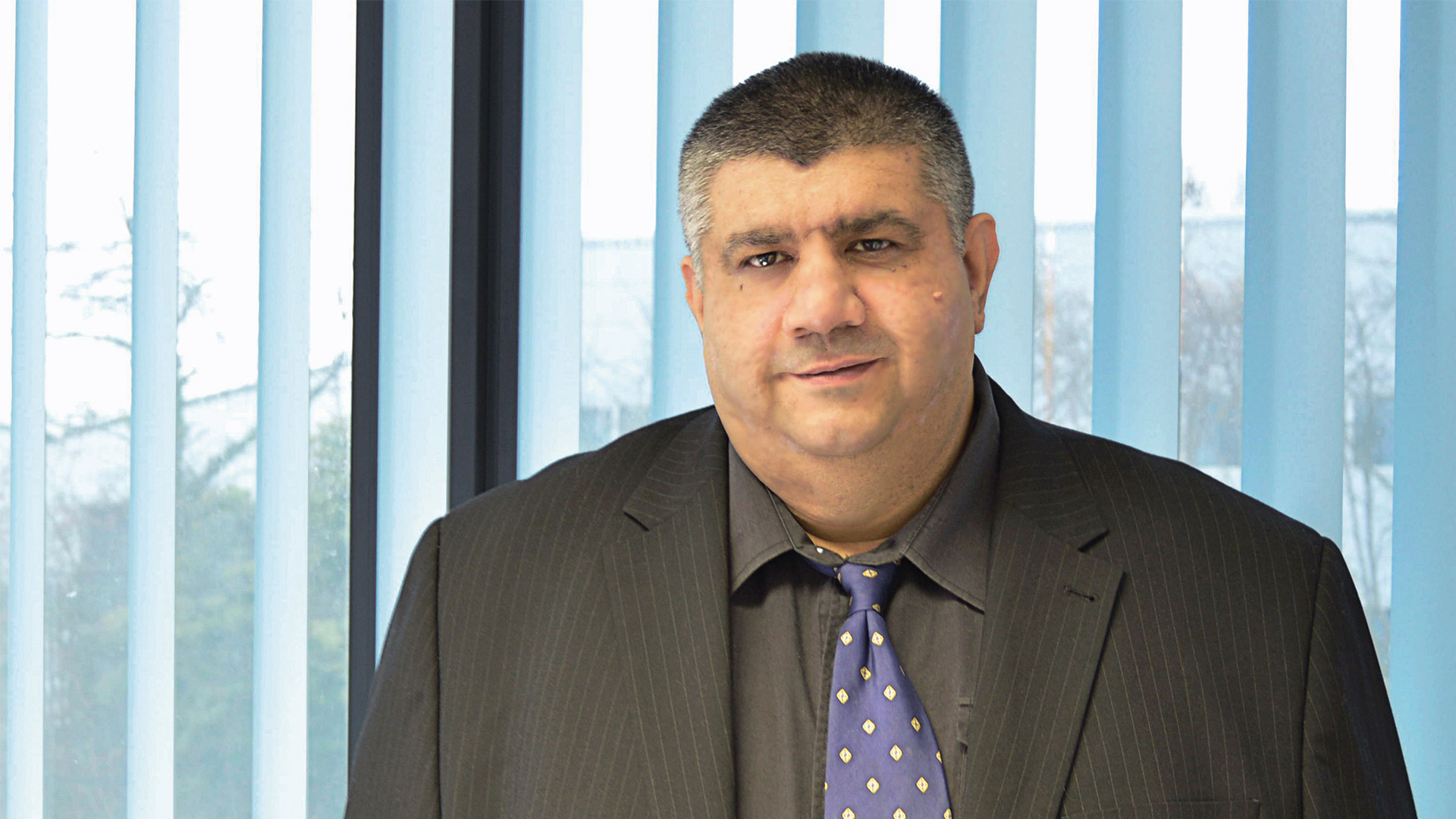
For almost 20 years, Dheeraj ‘Raj’ Chadha has overseen the financial activities of UK-based global connectivity solutions group, TeleAdapt. He is a firm believer in getting out there and talking to people, making contacts and learning from anyone and everyone.
Describe your role
In almost two decades in the finance function of TeleAdapt my role has changed dramatically. We have a global outlook but the business is relatively small which tends to expose me to a lot of different and rapidly evolving areas, way beyond the usual finance remit.
I have close involvement in manufacturing, operations and sales and marketing, for example, and this brings a very wide perspective, helping me to understand and connect with the business.
In fact, the degree of diversity I have in my working life is similar to running a business by myself. It’s a good challenge, and every day is different so it can be like firefighting.
How did you arrive in your current position?
I came to the UK in 1994 via Malaysia, where I worked for Coopers Lybrand (now PwC). My initial goal was to complete my Association of Chartered Certified Accountants (ACCA) qualifications before embarking on an MSc in Finance.
I gained practical accountancy experience with a number of firms in different sectors before being offered the position of UK financial controller at TeleAdapt in late 1999. Since then I have taken on the roles of Group Financial Controller and Group Financial Director, and was made CFO in 2007.
Tell me about your work in China
Most of our manufacturing has been shifted to Dongguan in the Pearl River Delta. China is going to become the biggest hospitality market in the world in the next decade, so we direct a lot of effort here.
It’s a difficult market to penetrate because away from the large international chains, the hospitality communications sector is driven largely by price and ‘who you know, not what you know’. The culture of the Chinese market is something that must be learnt and cannot be side-stepped by foreign businesses. Having worked in China for so long, I have come to the conclusion that you just go with the flow. It has evolved a lot over the years and it still has a long way to go. But for us, the money is there.
What makes a good CFO?
Dynamism and creativity. To be truly effective, you also have to get out there as much as possible. This means a lot of networking and membership of relevant associations. I regularly go to seminars and conferences because meeting and talking with new people raises the possibility of learning new ideas and new ways of working.
It’s entirely possible to creatively integrate ideas from other sectors and industries into my work, helping me to think through problems and to evolve the business. Getting out and about enhances creativity; staying in the office will not give you the exposure and the opportunity to learn so it holds you back.
What is you view on soft skills?
I believe well-developed soft skills are essential to keep staff motivated and happy. As CFO, I rely heavily on them. I want them to feel responsible and be part of the business because if it grows and does well, we all grow and do well. The ability to read people and make good judgements does not come from sitting behind a desk: it comes from travelling and meeting people.
What is your advice to corporate finance newcomers?
For those just starting out, my advice is always to be honest and retain your integrity. Actions will always speak louder than words so if you promise something, you do it. I sometimes feel that younger generations are too absorbed with technology as a communication tool. To them, I say your physical presence and personality will win through in the end.